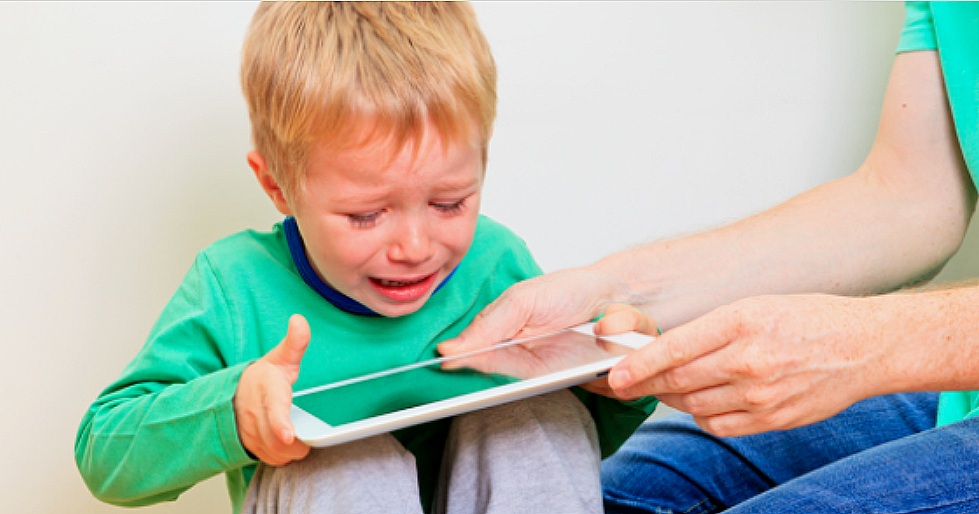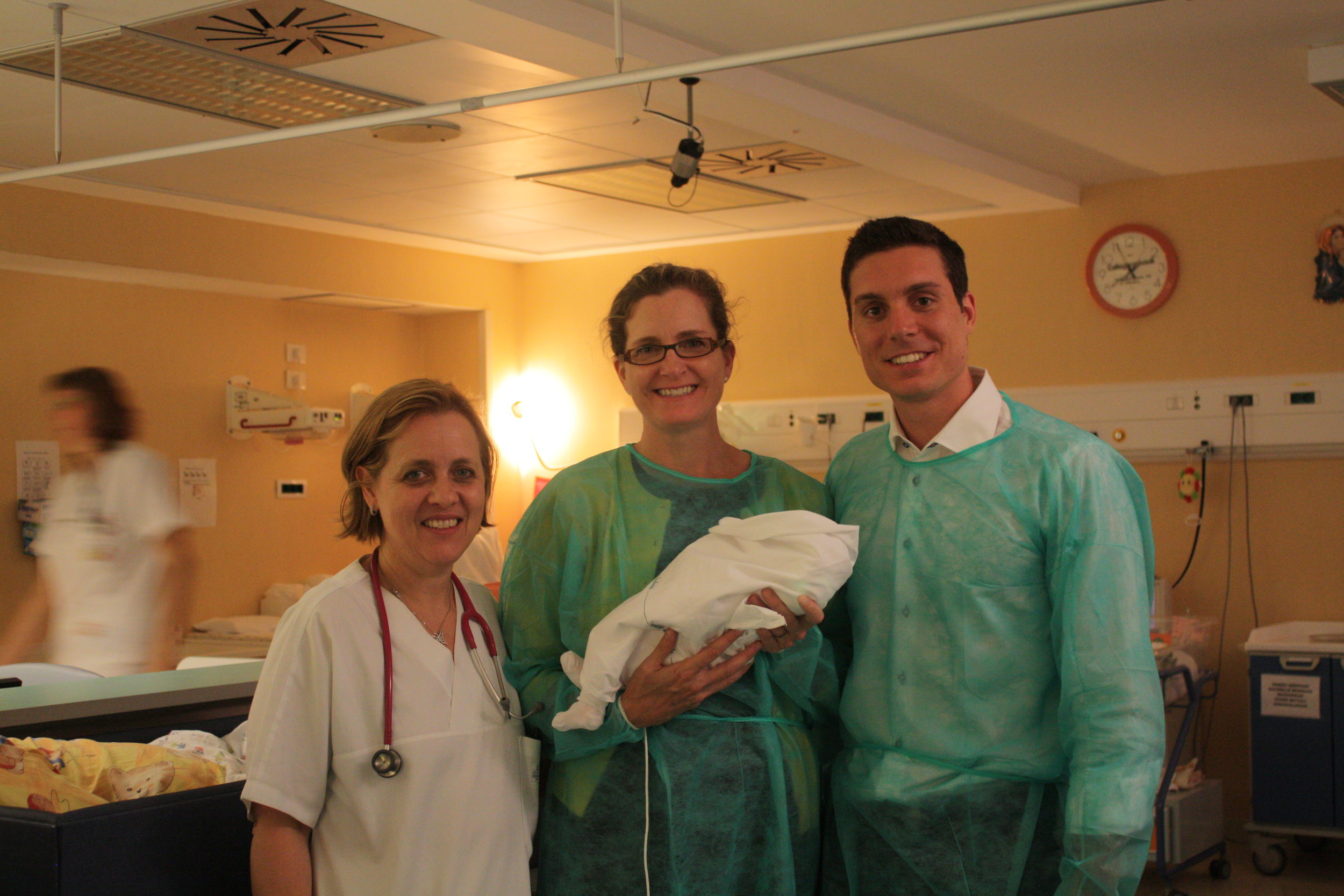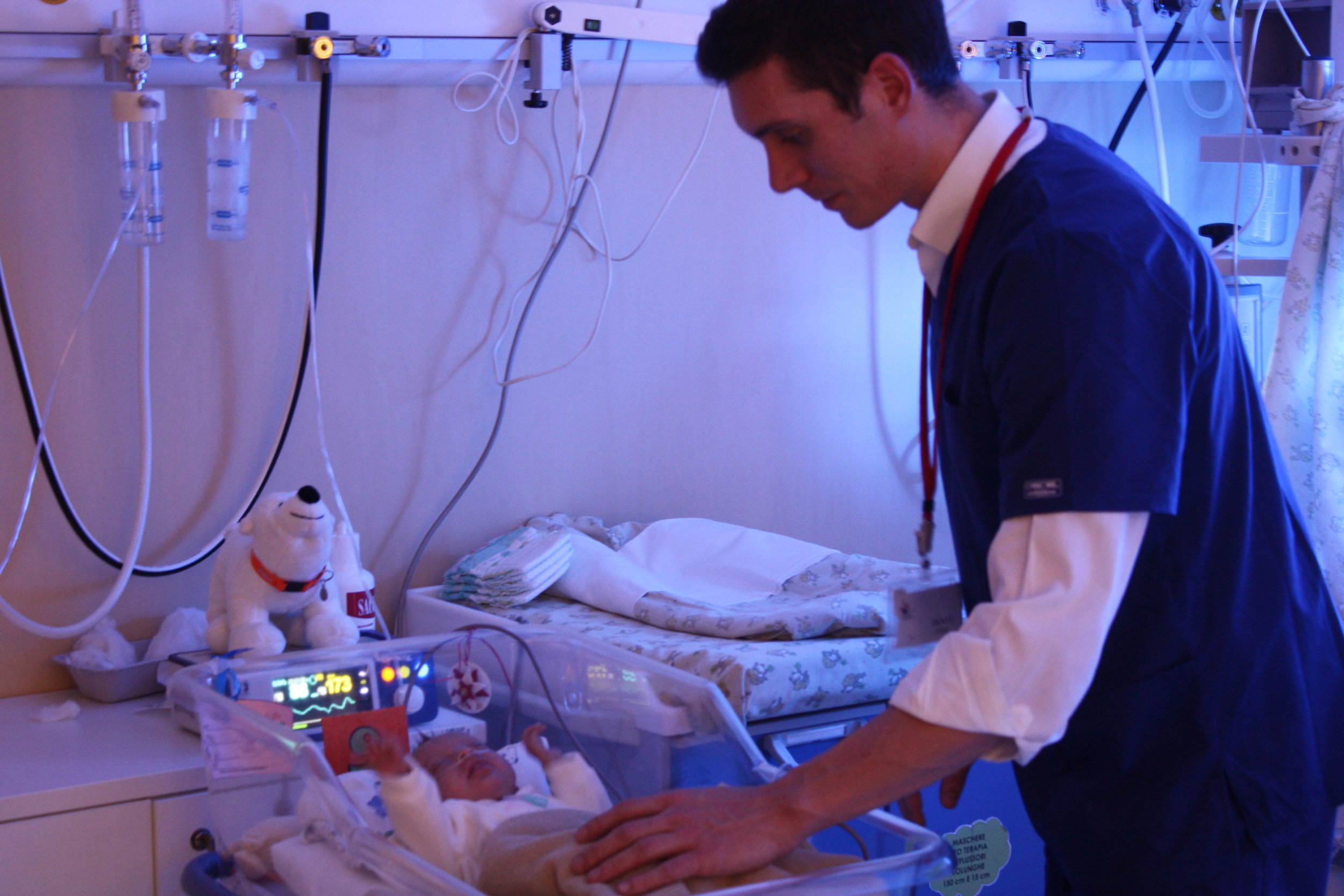
THE GENOTE BLOG
Inspiring, creating and living Health Music
CALMING A CHILD
Trying to calm a child by placing him in front of any type of smart devices impedes his ability to learn to self-regulate. Parents and numerous educators will adopt smart devices as electronic candy, ignoring how it does not help the children's education and often thwarts their development.
Kids will remain fascinated bye electronic devices but he want to learn how to calm himself. The tablet, the phone do not educate, they capture the children's attention triggering responses that divert the child's learning abilities.
Using smart devices throughout the children’s daily set of activities poses real threats. Unless devices are used very rarely with parents constant monitoring the content, the screen, the appropriate apps, and the social activity.
Mostly, parents music limit the total time spent in front of the screen - which equates to less than 1 hour/day for kids between the age of 3 until 6. When we try to improve the situation by giving him/her a smart device, we hinder all self-regulatory opportunities both for the baby, and for the parent. That opportunity for growth is postponed and it's urgent need forgotten.
SITUATION
When Marco is taken to the doctor or might go out for lunch, the mother knows that he will become bored and will provide him with the electronic candy. The two of them will end up immersing themselves on their respective smart devices, self identifying themselves with whatever is being streamed and ignoring each other. Even homework for Marco, that now has become a habitual consumer of handheld devices, such as tablet and smartphone, will result in boring experiences and he might suffer from his attention span which has considerably diminished. The teacher might say that Marco might have some learning disabilities, but in reality that is not the case. He just needs to be educated.
MUSIC, TERM AND PREMATURE BABIES
The beginning of life is often a very stressful experience, even for otherwise healthy babies. Prior to birth, all the infant knows is the warm, safe, and quiet surroundings of being in the womb. The beginning of life brings cold, danger, and noise. All of the noise, particularly the hospital environment, can be detrimental to the newborn receiving the sleep it needs.
Specifically referring to studies conducted in Neonatal Intensive Care Units, we know the importance of sound.
Ås reported by Rich Haridy in New Atlas, on May 29th, 2019, an important study at the University of Geneva, shows that music can help build the brains of premature babies.
At Genote, Health Music is a valuable resource for reducing stress and increasing stability in newborn children. The existing research did not make clear what types of music would be best for this purpose.
Sixteen newborns were exposed to the Genote Sleep Music Protocol for thirty minutes twice per day. Their heart rate, blood oxygenation, pain scale, and behavioral states were measured within a half hour of exposure to the music.
The majority of the newborns showed improvement in their capacity to self-soothe and transition to a more relaxed state. Their sleeping patterns also improved. The positive impact of structured music listening on healthy newborns indicates the need for further study on the impact structured music could have on sick newborns.
Hear some of the new music used at the University of Geneva
See the video from Venice NICU









